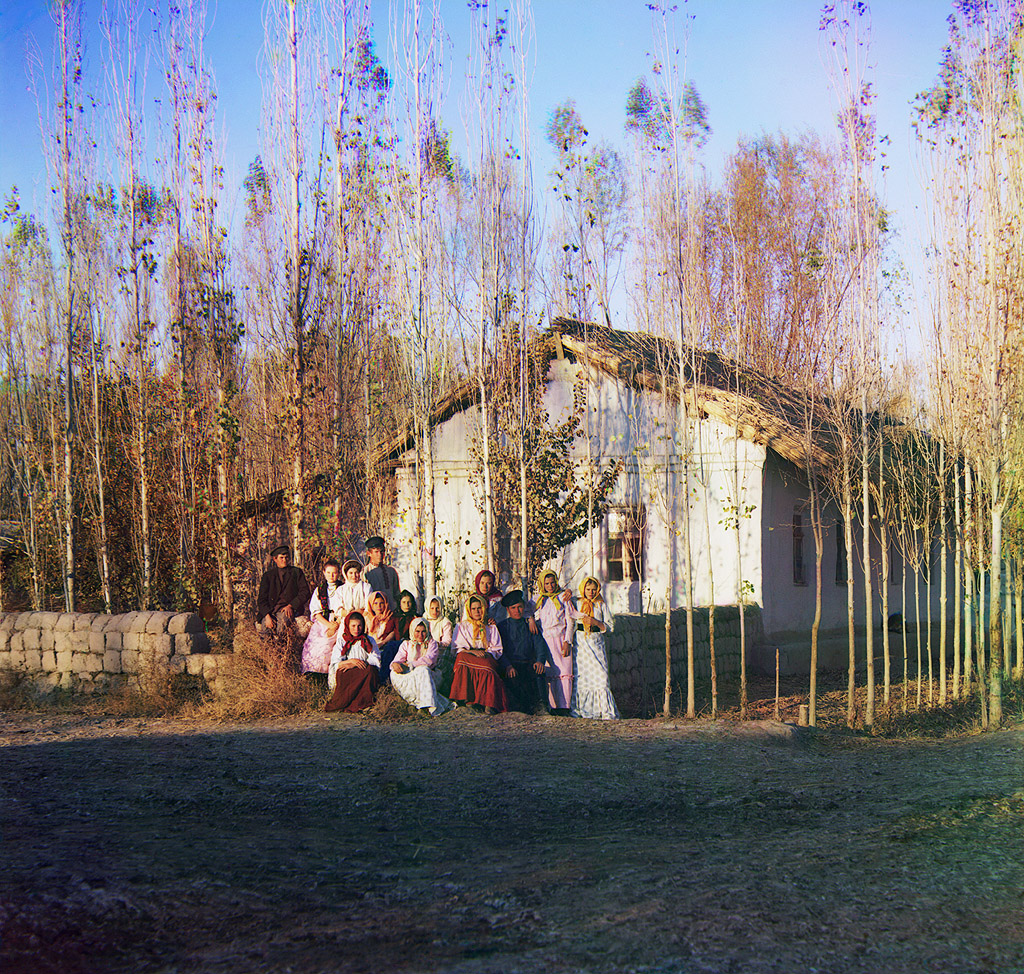Deleted member 116192
As the title suggests, the challenge is to have a slavic majority central Asia by 1899. You are free to include this with the settlement of siberia by the Russians.
You are required to elaborate:
1) Policy of the Russian Empire to achieve this: what should the tsarist government do to encourage migration and settlement on the vast open lands. How would the government distribute the land and what assistance would the government offer to the settler colonist. Russian government policy towards the treatment of natives (Genocide ideas are accepted but it should not be ridiculous, discrimination and outright hostility towards natives is ok, for example dispossession of natives of grazing lands moving them to say Amerindian style reservation and then forceful assimilation, but no Holocaust style killing!!)
2) Technology required to achieve this : The lands of Central Asia Aren't really suited for agriculture but great for livestock rearing. It wasn't until recent technological innovation of the by which highly acidic soil could be rendered fit for agriculture so imo virgin land campaign of Khrushchev and Brezhnev is not possible in the 19th century. But dry land farming is possible though and it was one of the innovation developed in the 19th century. So could we see the establishment of great ranches owned by Russians/Ukrainians and as technology progresses we see the establishment of farms
3) The changes required in the historical events to achieve this eg: would earlier abolition of serfdom help this? Tsarist policy in Central Asia to be different than in our time line?
4) Effect on the history of Central Asia and Russia: would Russia be more pre occupied with settlement of Central Asia and Siberian lands that they are not interested in pursuing a belligerent Policy Or responding to belligerent policy in Europe such as goal of annexation of Constantinople, would the Russian revolution be Butterfield away as the surplus population would move to Asian part of Russian Empire and thus put upward pressure on wages on factory labor and in a better bargaining position of working conditions.
You are required to elaborate:
1) Policy of the Russian Empire to achieve this: what should the tsarist government do to encourage migration and settlement on the vast open lands. How would the government distribute the land and what assistance would the government offer to the settler colonist. Russian government policy towards the treatment of natives (Genocide ideas are accepted but it should not be ridiculous, discrimination and outright hostility towards natives is ok, for example dispossession of natives of grazing lands moving them to say Amerindian style reservation and then forceful assimilation, but no Holocaust style killing!!)
2) Technology required to achieve this : The lands of Central Asia Aren't really suited for agriculture but great for livestock rearing. It wasn't until recent technological innovation of the by which highly acidic soil could be rendered fit for agriculture so imo virgin land campaign of Khrushchev and Brezhnev is not possible in the 19th century. But dry land farming is possible though and it was one of the innovation developed in the 19th century. So could we see the establishment of great ranches owned by Russians/Ukrainians and as technology progresses we see the establishment of farms
3) The changes required in the historical events to achieve this eg: would earlier abolition of serfdom help this? Tsarist policy in Central Asia to be different than in our time line?
4) Effect on the history of Central Asia and Russia: would Russia be more pre occupied with settlement of Central Asia and Siberian lands that they are not interested in pursuing a belligerent Policy Or responding to belligerent policy in Europe such as goal of annexation of Constantinople, would the Russian revolution be Butterfield away as the surplus population would move to Asian part of Russian Empire and thus put upward pressure on wages on factory labor and in a better bargaining position of working conditions.
